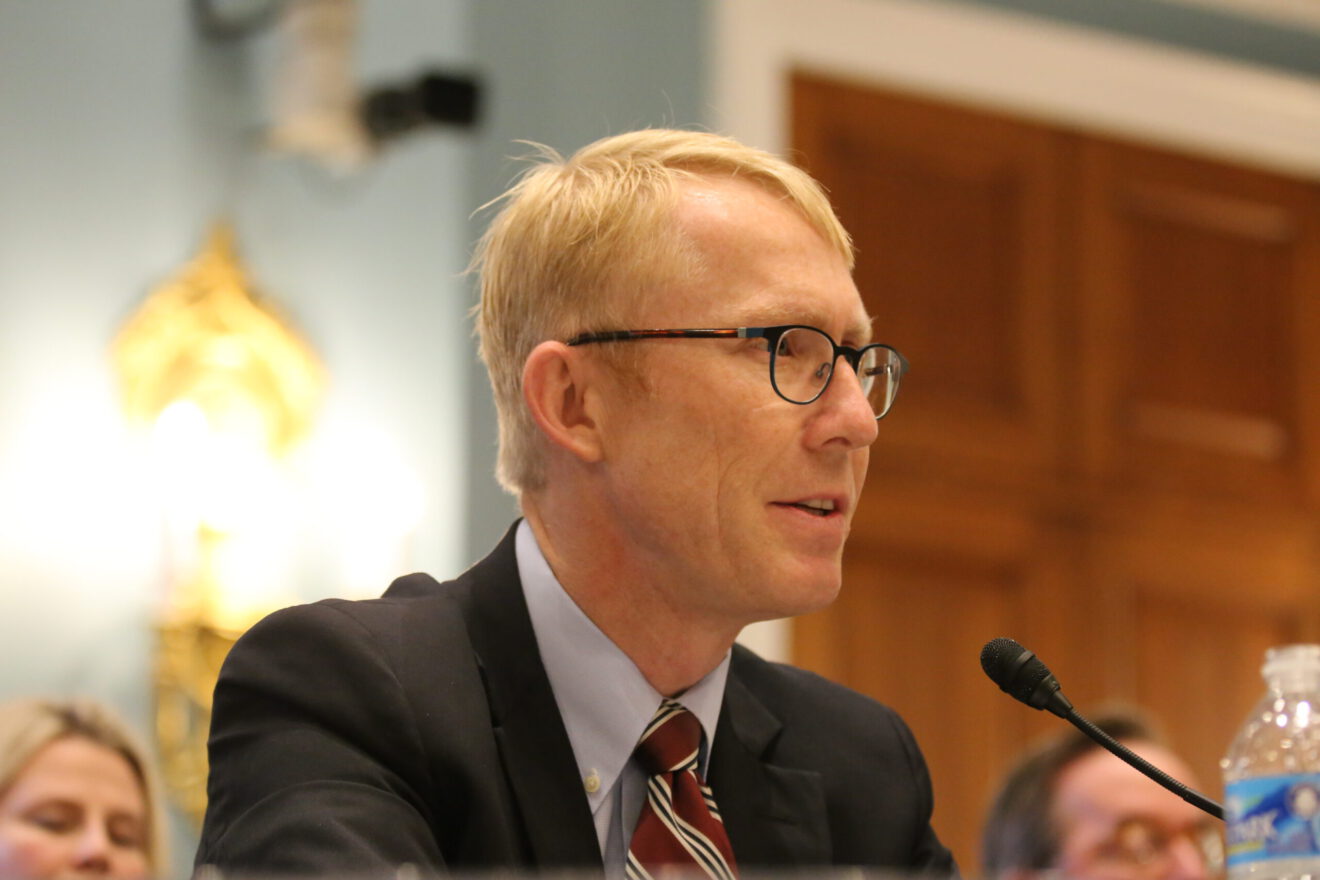The proliferation of regional and sometimes contradictory rules governing derivatives is leading to increased fragmentation in the global regulatory framework, according to a white paper published by the Futures Industry Association. The paper details concerns regarding increased local regulation and inconsistencies in the rules governing listed and cleared derivatives and notes regulatory pursuit of direct governance over foreign activity and participation. Such fragmentation weighs on the nature of many transactions that are often conducted internationally, according to the FIA.
In his welcoming remarks at the kickoff of the 44th Annual International Futures Industry Conference on Tuesday in Boca Raton Fla., FIA President and CEO Walt Lukken highlighted how nothing illustrates the threat of fragmentation like current events surrounding Brexit. Having to meet various, sometimes inconsistent and politically malleable regulations means less liquidity and lower levels of competition in derivatives markets because the complexity of navigating such rules acts as a barrier to market access. According to FIA, such fragmentation makes the clearing system less resilient because firms face challenges in operating globally across multiple regulatory jurisdictions.
“Our markets are not defined by borders—they are defined by the needs of buyers and sellers no matter their location,” Lukken said. “FIA today is highlighting a growing problem in our markets, but one that can be addressed by international cooperation between regulators.”
The paper recommends following a framework of “deference” or “substituted compliance” across borders, providing examples that accentuate the benefits of this approach and how it streamlines regulation. Reliance on overseas counterparts is a well-established practice across jurisdictions, especially when both countries involved have the similar goals.
“Our recommendations encourage greater harmonization through international standards and the reliance on comparable home country rules,” Lukken said.
The paper also calls for the establishment of international standards set by agreement among regulators and input from the public and the creation of mechanisms that will enable the effective cross-border crisis-management when necessary.
